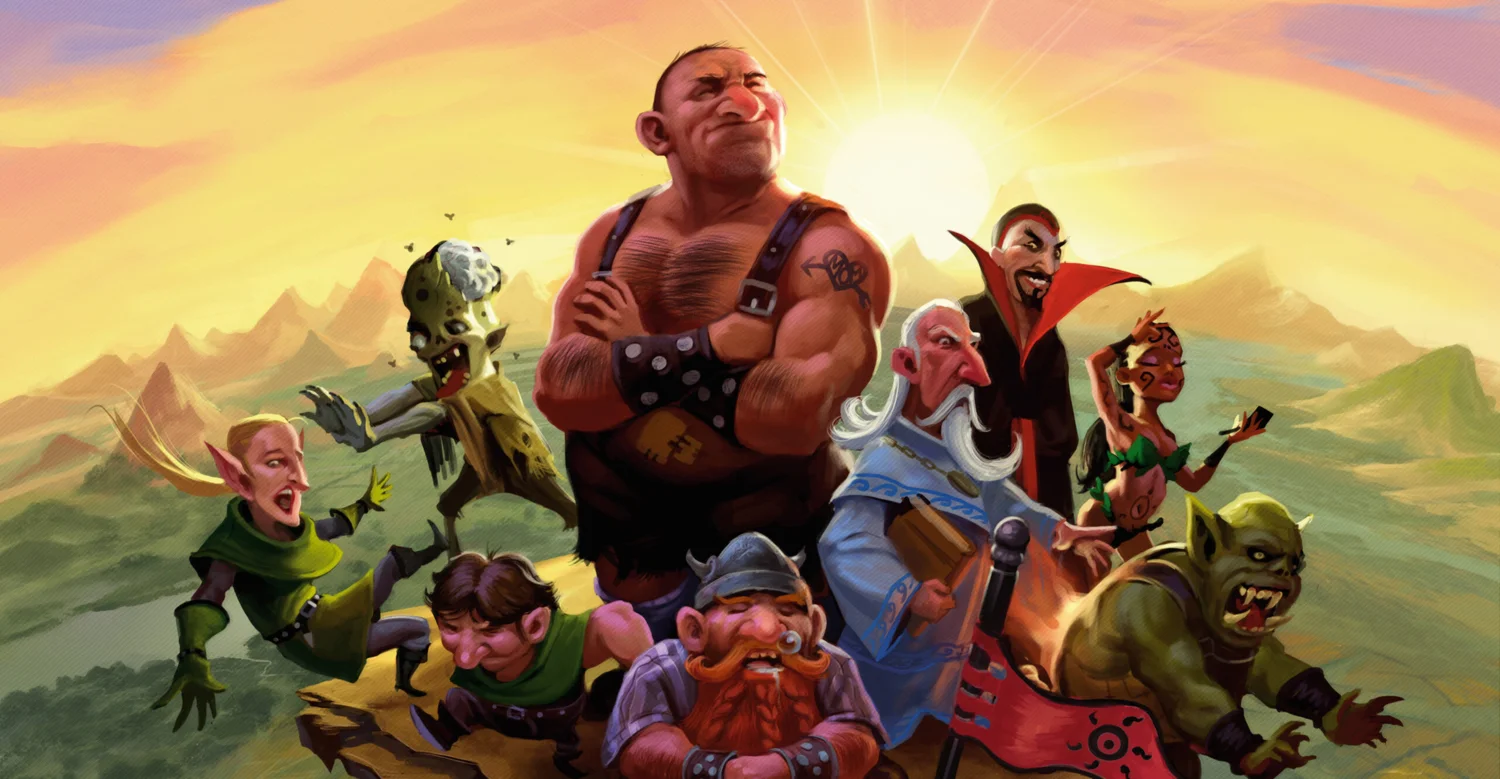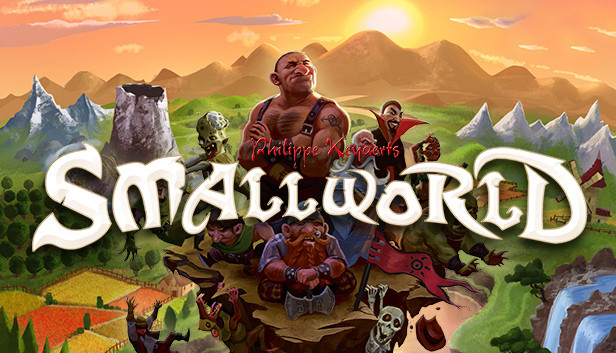It’s a Small World (After All)
My take on the quirky and all-too-human realities of academic life, drawing on decades spent in publishing, admissions, the faculty trenches and now as a presidential confidante. These days, most faculty members are tired, sad and as anxious as our tired, sad students. Small World is, in fact, the title of the middle novel in David Lodge’s campus trilogy. Long ago in a galaxy far, far away (the ’80s, NYC), I read it after gulping down the first, Changing Places, which includes one of the best bits in academic fiction. In a game called Humiliation, each person in the English Department names a book he hasn’t read but assumes the others have.Lodge’s fictional world captured something true about academic insularity, but even his juicy satire couldn’t anticipate the daily reality most of us don’t want to face today—the fact that we are no longer trusted and respected by the public, we’re going through leaders like Kleenex during flu season, the feds are taking a chain-saw approach to federal funding, previously dull topics like accreditation are now going to change all of our lives and ideas of inclusion and access we were naïve enough to think would change the world are being thrown into the trash heap ... shit show big yikes. In some ways, though, academe is still a small world, even if the days of budgets for international conference hopping à la Lodge are not within the reach of most of us.And yet, we beat on, boats against the current, trying to figure out how to keep doing meaningful work in this strange, insular, endlessly complicated world we’ve chosen, one that’s always been isolated from what others call “the real world” (and not in a fun MTV way) and that is, in many ways, small.In this space, I’ll draw on my experience to explore corners of our small world that may be overlooked.





/pic428828.jpg)


